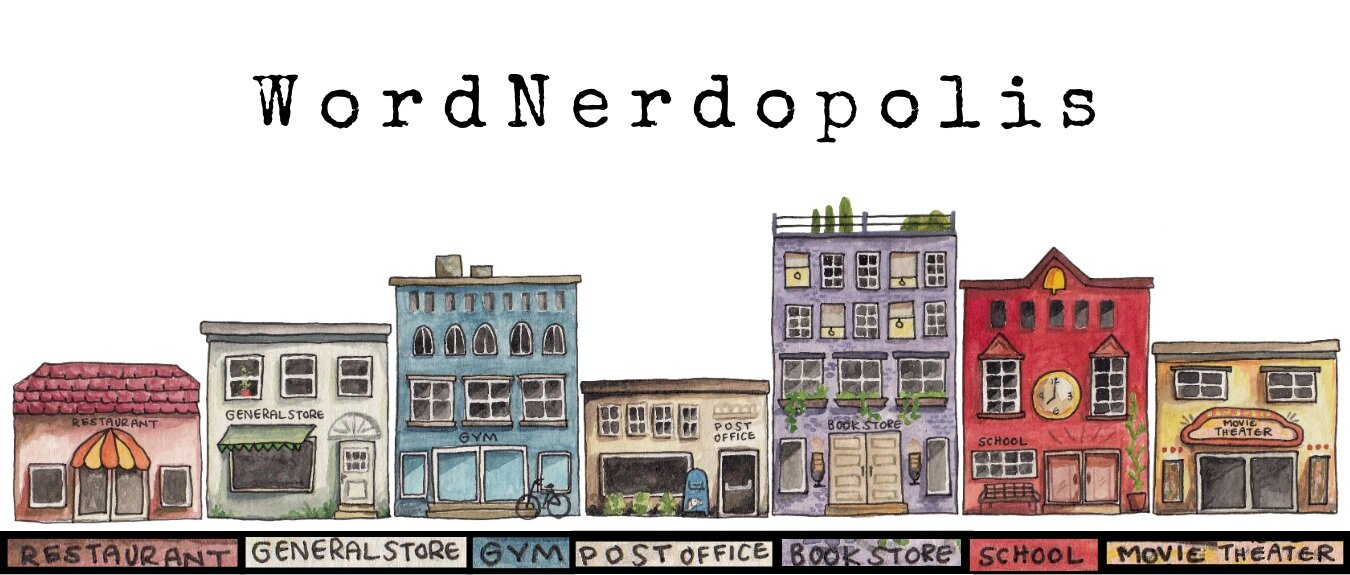David spent a lot of his time with us talking about his research trip to Alaska. After our class visit, I was able to chat with David in depth about his trip. Below are his thoughts not only about his specific trip, but also about the benefits of research trips for authors in general.
How did your research trip go from daydream to reality?
It kind of started out as a joke. I threw out the idea in the bottom of an email to my publisher. I wrote, P.S. You should send me to Alaska to check this out for real! Amazingly, they thought it was a great idea. At the time I was teaching full time, with my summers off. I had the time and the publisher was willing to pay the costs of the trip, so I went!
How long was your actual trip? How long did you spend planning?
My research trip to Seattle, Alaska and Canada lasted about two weeks. I planned the trip over a number of months because I needed to make the most of the short time I had to get everything done.
How did hiking (the Chilkoot trail in Alaska) influence your writing? (This question came from one of our Book Club’s insightful students!)
Two ways really. The first way it influenced my writing was it got me really excited about the topic of the gold rush. When you work on a project for a long time, four years in this case, you have to really love the subject you are writing about. On this trip I became deeply fascinated by the gold rush. Secondly, hiking the actual trail allowed me to feel confident about the knowledge and content I was writing about. Instead of looking at a map and say, yeah, I think it was like this… I now know exactly what it was like.
What are the benefits of an author spending their time on a research trip?
It would have been easy to look up on the internet or make phone calls, but then the book wouldn’t have been as good. It wouldn’t have won The Gold Kite Award if I hadn’t gone out and hiked it and lived it! The same can be true of any author, research trip and location.
What are the challenges of a research trip?
On my trip there were a couple of challenges. One, I was afraid of bears. I hiked on the Chilkoot trail for five nights, mostly by myself and I was nervous I would run into a bear. And then what would I do?!? I didn’t run into any, but the fear was always there. I also turned my ankle pretty bad on the first day of my hike that made walking pretty challenging. I “iced” it in some really cold streams and eventually the swelling went down, but it made the going quite a bit harder than I anticipated.
What is one highlight you experienced while on your research trip?
The research trip was honestly the most fun part about writing this book. Also, from a practical standpoint, my publisher required that all facts in the book needed to be verified by two different sources before they were allowed in the book. The research trip gave me the opportunity to go to museums, talk to experts and see first-hand if the information I was writing was true. It was very helpful… and fun.
What is your best advice for an author planning a research trip?
You actually have to do a lot of research when planning a research trip. I printed out a calendar and tried to map out my main itinerary according to my priorities. Then you have to make sure that all of your travel connections are possible. It's also important to contact people and institutions ahead of time to line up interviews, meetings, etc. You can't be afraid to ask a lot questions, including whether they would recommend anything or anyone else. Then book your tickets, lodging, and meetings. It's a fine balance, because it's also nice to not over-plan everything and to leave some room for serendipity and adventure.
Do you have any tips for efficient writing/note taking while traveling? Did you use a notebook, laptop, tablet, digital recorder, etc?
Good question. I used multiple devices six years ago. Today I would use my smart phone for most of it. I think it's helpful to take photos for sure. For example, instead of writing down all of the facts at a museum, I would just take pictures of the boards and look at them later. I also found it helpful to record myself whenever I had ideas, whether I was driving or hiking. Now you can also take high-quality videos with your phone. When interviewing people, they are often more natural when you are not recording, though the benefit of recording is that you will have exact quotes and won't miss anything. It's always best to have a handful of methods ready and to use your common sense at the time.
And finally (because the world is small and stars sometimes align) since you have toured Iceland before, what are some things I MUST see when I go on my author research trip?
Iceland, it’s an amazing place. I love Lonely Planet guidebooks ad think that the Iceland edition will tell you most of what you need to know. There are a lot of great waterfalls, springs and hikes not too far from Reykjavik, which is a really cool city itself.
I am so thankful to David for sharing his expertise not only with me, but also my students. If you haven’t read Call of the Klondike yet, please do. You won’t be disappointed! To connect with David, visit his website www.bydavidmeissner.com.
Until next time, happy reading and happy researching!! If you could travel for a research trip, where would you want to go? Comment below!









